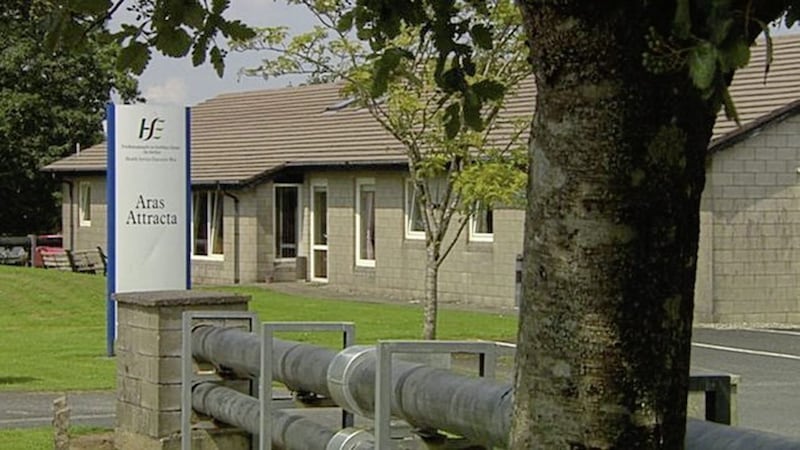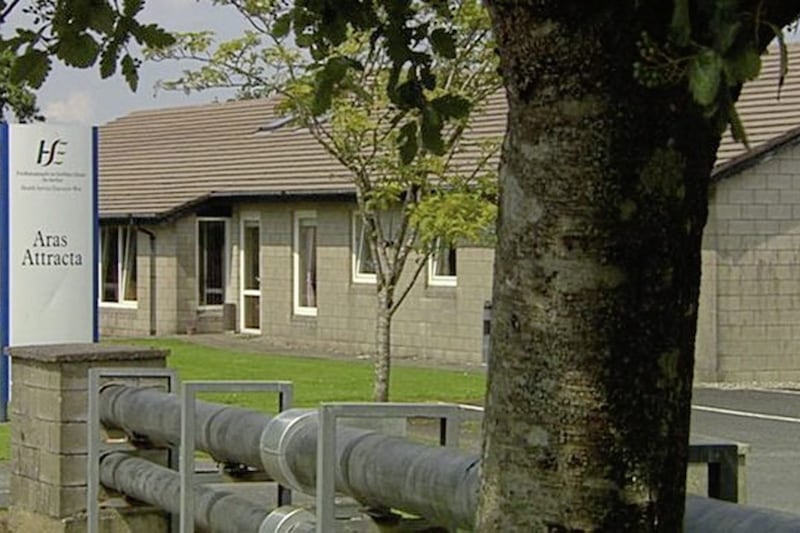The Health Service Executive (HSE) used €9,000 of savings belonging to intellectually disabled people in a scandal-hit care home to buy them tablet computers.
Managers of Aras Attracta in Swinford, Co Mayo – where physical and psychological abuse was exposed three years ago – did not ask residents, relatives or their representatives about spending the money, watchdogs said.
The Health Information and Quality Authority (Hiqa) also found no proof that the tablets were any use to the residents.
Each tablet cost €433 and the money was taken from residents' personal accounts.
"Due to an absence of appropriate assessments, it could not be demonstrated that this type of assistive technology would benefit any of the residents or assist them to communicate," Hiqa said.
"In addition, it was noted that the expenditure of residents' money to purchase these tablet computers had not been discussed appropriately with either the residents or their representatives."
The issue was one of a litany of failures identified in 14 Hiqa inspections from July 2015 to May 2017 which has prompted the watchdog to warn the HSE that it will shut down Aras Attracta by February unless radical improvements are made.
The home, run by the HSE, has 89 people with a range of disabilities living across 12 bungalows.
In late 2014 it was exposed by RTÉ after residents were filmed being manhandled and shouted at.
Over the course of subsequent inspections Hiqa has found management consistently failing to give residents the proper standard of care.
It said there are a significant number of instances of residents being injured in altercations with peers, including unexplained bruising, which have not been responded to.
Even in May of this year most of the people living there were still in an institutional type of care, it said.
According to Hiqa inspectors, between October 2016 and May 2017 there was a significant deterioration in safety and quality of life experienced by most people living in Aras Attracta.
Back in October 2016 some residents told inspectors they felt afraid in their homes. Hiqa said its inspectors could see that they were intimidated by their peers.
Concerns were also raised by some staff, as recently as May this year, about how medicines were being used as a response to residents' behaviours.
One resident also told inspectors that they were stressed and anxious about death as their spiritual needs and wishes were not being met in the home.
The watchdog praised the staff who provide day-to-day care and support to residents, saying they were caring and respectful to residents during the inspections.
But Hiqa warned management that there was a significant over-reliance on temporary or relief workers.
It said the HSE was failing to improve the lives of all residents and was not making progress on moving them to more appropriate, community-based accommodation.
Hiqa's chief inspector of social services issued the HSE with the closure threat on in late September. A month later the HSE issued the office with its aims to improve care and support for residents.
The watchdog said it will keep making unannounced visits to the home and make a final decision by next February on whether Aras Attracta can stay open.
"While there have been some improvements for a minority of residents, there is insufficient evidence to show that these improvements have been maintained," it said.
"The provider failed to implement their own action plan and to ensure that any actions taken were effective in reducing risk to residents."
A previous report published last year by a group of specialists, called The Aras Attracta Swinford Review Group, found that residents were subjected to a bleak life of widespread control and institutional conditioning, which was designed to make life easier for managers and staff.
Finian McGrath, minister with responsibility for disabilities, said he was deeply disappointed by the inspection reports.
"I have made my views very clear to the HSE. The HSE must now produce a realistic and effective action plan to turn this service around and provide the level of care that the residents and their families are entitled to," he said.
The HSE claimed its attempts to move residents to more places in communities was hit by challenges in the housing market.
Tony Canavan, chief officer of the agency's Community Health Organisation, said: "While we don't expect the housing boom to ease off in the foreseeable future, in order to overcome these challenges, we are continuing with our programme of sourcing suitable accommodation through our own estates management unit and through commissioning a number of specialised housing providers."
The HSE said progress on its intention to move residents to "live ordinary lives in ordinary places" has been slower than hoped.
The agency did not respond to questions on the issue of €9,000 of residents' money being spent on electronics.




